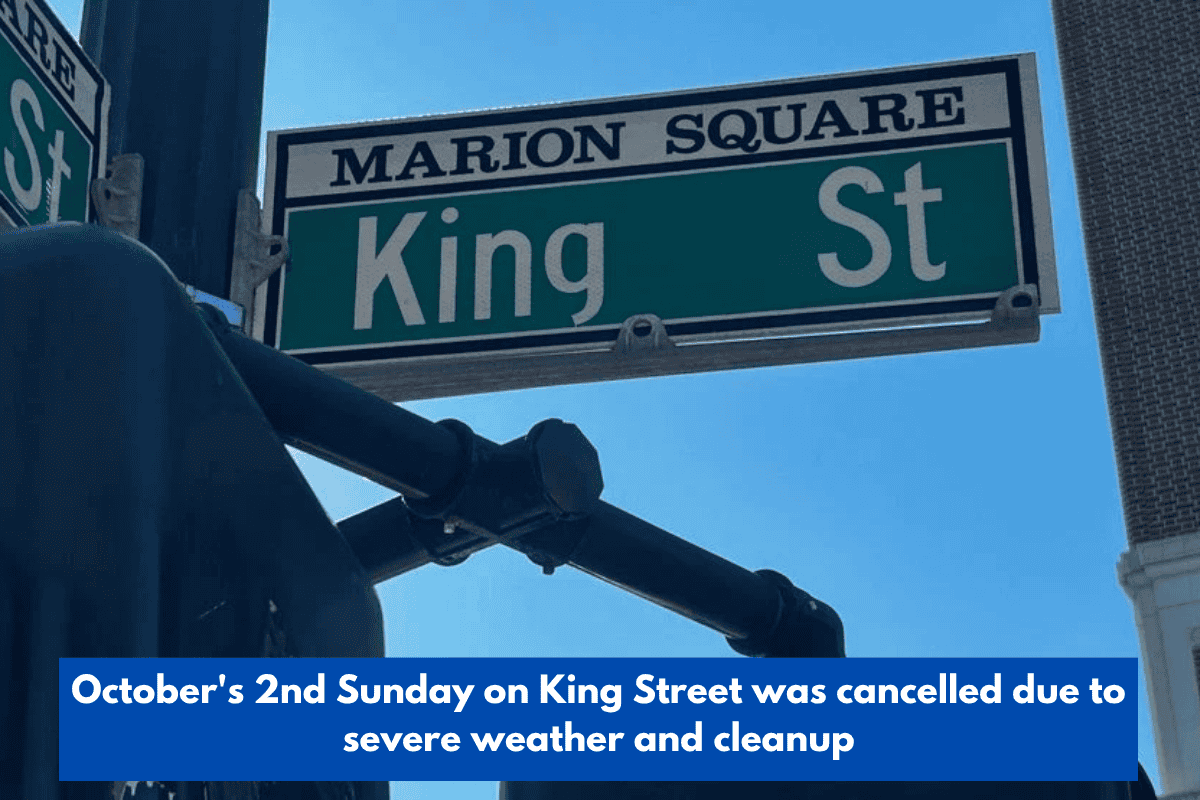The Trump administration is challenging the discovery ruling in a California federal court involving a hotly contested case surrounding Temporary Protected Status (TPS) for Venezuelan immigrants. The issue centers around a 2018 lawsuit following the government’s attempt to terminate TPS for over 600,000 Venezuelans who fled political persecution and were legally residing and working in the U.S. under the program initiated by the Biden administration in 2021.
Background of the Case
In March 2024, Senior U.S. District Judge Edward Chen, an Obama appointee, blocked the Trump administration from ending the TPS program for Venezuelans. However, the U.S. Supreme Court lifted the injunction in April 2024, allowing the government to proceed with its plan to revoke TPS, putting the legal status of many immigrants in jeopardy. Despite this, the litigation continues at the district court level, with plaintiffs pushing forward to seek a permanent injunction or other relief.
Earlier this month, the National TPS Alliance, a nonprofit advocacy group, filed a motion for summary judgment, hoping to resolve the case before further proceedings. The discovery phase of the litigation has become a key battleground, as plaintiffs seek documents from the government to understand the rationale behind the TPS termination decision.
Government’s Challenge to the Discovery Ruling
In June 2024, Magistrate Judge Sallie Kim issued a ruling favoring the plaintiffs, compelling the government to release documents withheld under the “deliberative process privilege”. This privilege is often used by the government to protect internal discussions that could affect policy decisions. Judge Kim ruled that the government could not rely on this privilege to withhold certain documents that may be relevant to the case, particularly those related to claims of racial animus and discriminatory practices in the termination of TPS.
In response, the Trump administration has filed an 8-page motion for relief, arguing that Judge Kim’s decision was overly broad. The government contends that the deliberative process privilege should not be so easily overridden and that case law requires a more granular, document-by-document review of the claimed privilege, rather than a blanket order for disclosure.
Government’s Arguments for Withholding Documents
The Trump administration argues that Judge Kim’s order to release documents without adequate consideration of the government’s position constitutes a legal error. The government claims that the judge’s approach could set a precedent that undermines the deliberative process privilege, which allows government agencies to discuss sensitive policy matters without the fear of public scrutiny.
The motion argues that Judge Kim did not properly apply the required balancing test or statutory standard in evaluating whether the privilege should apply, particularly in light of the Supreme Court’s stay of the lower court’s injunction.
Additionally, the government argues that discovery should be stayed altogether until the Ninth Circuit Court of Appeals has ruled on the jurisdictional questions surrounding the case. Given that the Supreme Court has already stayed the lower court’s order, the government believes it is premature to proceed with the disclosure of documents related to the case.
Racial Motivation Claims and the Discovery Dispute
Another contentious aspect of the case is the racial motivation claim raised by the plaintiffs. The government asserts that Judge Kim relied too heavily on the plaintiffs’ argument that the TPS termination was racially motivated. The plaintiffs have argued that the documents they seek are critical to their summary judgment briefing and to support their claims that the decision to revoke TPS was driven by racial animus.
The government disputes this connection and claims that Judge Kim’s decision was flawed because it prioritized the plaintiffs’ equal protection claim over the threshold issue of the court’s jurisdiction, which is still under review by the Ninth Circuit and the Supreme Court.
Ongoing Legal Proceedings and Future Developments
The case remains active, with multiple legal hurdles to clear. The Ninth Circuit is expected to rule on jurisdictional questions soon, and Judge Kim’s ruling on discovery remains a key issue in the ongoing litigation. As the legal battle continues, both sides are preparing for further motions and potential appeals, with a trial scheduled for 2026.
The Biden administration’s TPS program for Venezuelan immigrants remains a point of contention, and the case underscores the larger debate over immigration policy, racial discrimination, and government accountability in the Trump and Biden eras.














